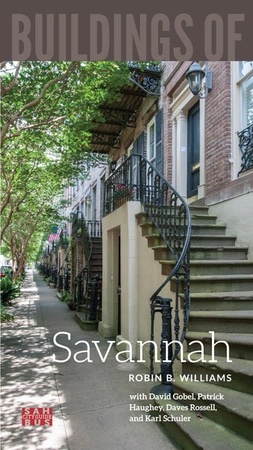
Typical of the eastern expansion wards, Washington Square is roughly half the size of the squares planned by Oglethorpe, due to limitations imposed by the size of the eastern common. The threat of fire led to the establishment of the Savannah Fire Company with twenty firemen in 1825 and construction of twelve wooden underground cisterns, each holding at least eight hundred gallons, here and within the other squares in 1830. In the latter part of the nineteenth century the square was sometimes known as “Firehouse Square,” because a small, brick firehouse occupied its south end from 1847 until 1875. During the early twentieth century it hosted a playground and other recreational activities.

